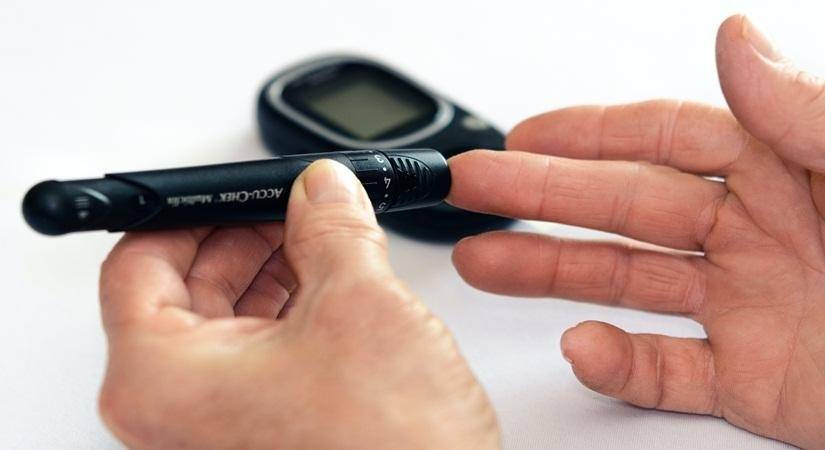Blood pressure is the pressure exerted by your blood on the walls of blood vessels. A high BP puts you at risk of various health conditions like heart disease, kidney disease, and stroke…writes Dr Vidyashankar P
Most people underestimate the significance of regular examinations. Our hectic and unpredictable lifestyle frequently prevents us from seeking routine preventive care. People usually only come when they are seriously ill. In fact, health surveys show that men are less likely than women to visit doctors. Men over the age of 50 should have a yearly physical examination, while those under the age of 50 should have one every three to five years. Even if you feel healthy, it is critical to have regular check-ups because they help to diagnose disease early and reduce the risk of complications.
5 important health check-ups for men:
The doctor will determine which tests to perform and how frequently they should be performed based on the individual’s health conditions. The following tests are recommended for the general population.
* Blood sugar: Risk factors for developing high blood sugar levels include family history of diabetes, obesity. The risk of getting diabetes increases as you grow older. Regular screening for diabetes using fasting, post prandial and HbA1C is recommended for individuals above 40 years. With the family history of diabetes, the screening on a regular interval should be started even as early as above 30 years. Monitoring the blood sugar levels is important to reduced end organ damage. Uncontrolled diabetes increases the risk of heart disease, kidney damage, eye problems and neurological problems.
* Lipid profile: All adults over the age of 35 should get their cholesterol checked every 5 years. You might need to begin screening as early as 20 years of age if you have certain risk factors such as diabetes, smoking, a body mass index above 30, family history of stroke, or first-degree relatives who have had deranged cholesterol levels.High cholesterol levels can increase the risk for heart disease and stroke. People with cardiovascular disease risk factors should monitor cholesterol levels more frequently.
* Blood pressure: Blood pressure is the pressure exerted by your blood on the walls of blood vessels. A high BP puts you at risk of various health conditions like heart disease, kidney disease, and stroke. It is very easy to check your BP at home with the help of automated apparatus. A normal blood pressure level is less than 120/80 mmHg. As the dietary modifications happening due to cultural changes in the society, the onset of hypertension is seen in young adults. Hence adults above age of 18 should have their BP checked at least once. People with comorbidities like diabetes, heart disease or kidney problems should have their blood pressure checked more often.
* Prostate-Specific Antigen (PSA) Test: About 1 in 8 men will be diagnosed with prostate cancer during his lifetime. It is one of the top ten leading cancers for men in India. Prostate cancer screening can help identify cancer early on, when treatment is most effective. It is done with a simple, widely available blood test called Prostate-Specific Antigen (PSA) Test, sometimes combined with a digital rectal exam (DRE) to feel the prostate for abnormalities. It is recommended for all men above the age of 50 years on a yearly basis. Individuals with a family history of prostate cancer should begin screening at the age of 40.
* Thyroid-stimulating hormone (TSH): Thyroid hormones control the metabolism and contribute to our overall energy levels, nerve functions, and much more. Any irregularities with the thyroid can lead to various health problems and cause weight gain, lethargy, exhaustion, or fatigue. TSH test is done to find out how well the thyroid is working. High and low TSH can affect fertility in men.

Elderly men over the age of 50, as well as individuals with risk factors for heart disease, should have a yearly echocardiogram and treadmill test to screen for heart disease. Diabetic patients should have a yearly kidney disease screening with a Creatinine and urine test. Individuals who exhibit high-risk behaviour should be screened for sexually transmitted diseases.
The theme of this year’s Men’s Health Week is “Building Healthy Environments for Men and Boys.” The emphasis is on providing a safe and welcoming environment for men’s mental and physical health. Men are more prone to certain disorders than women. The above tests are extremely helpful in the early detection of men’s health problems.
(Dr Vidyashankar P, Lead Consultant – Nephrology & Transplant Physician)
ALSO READ-Good food for good health














